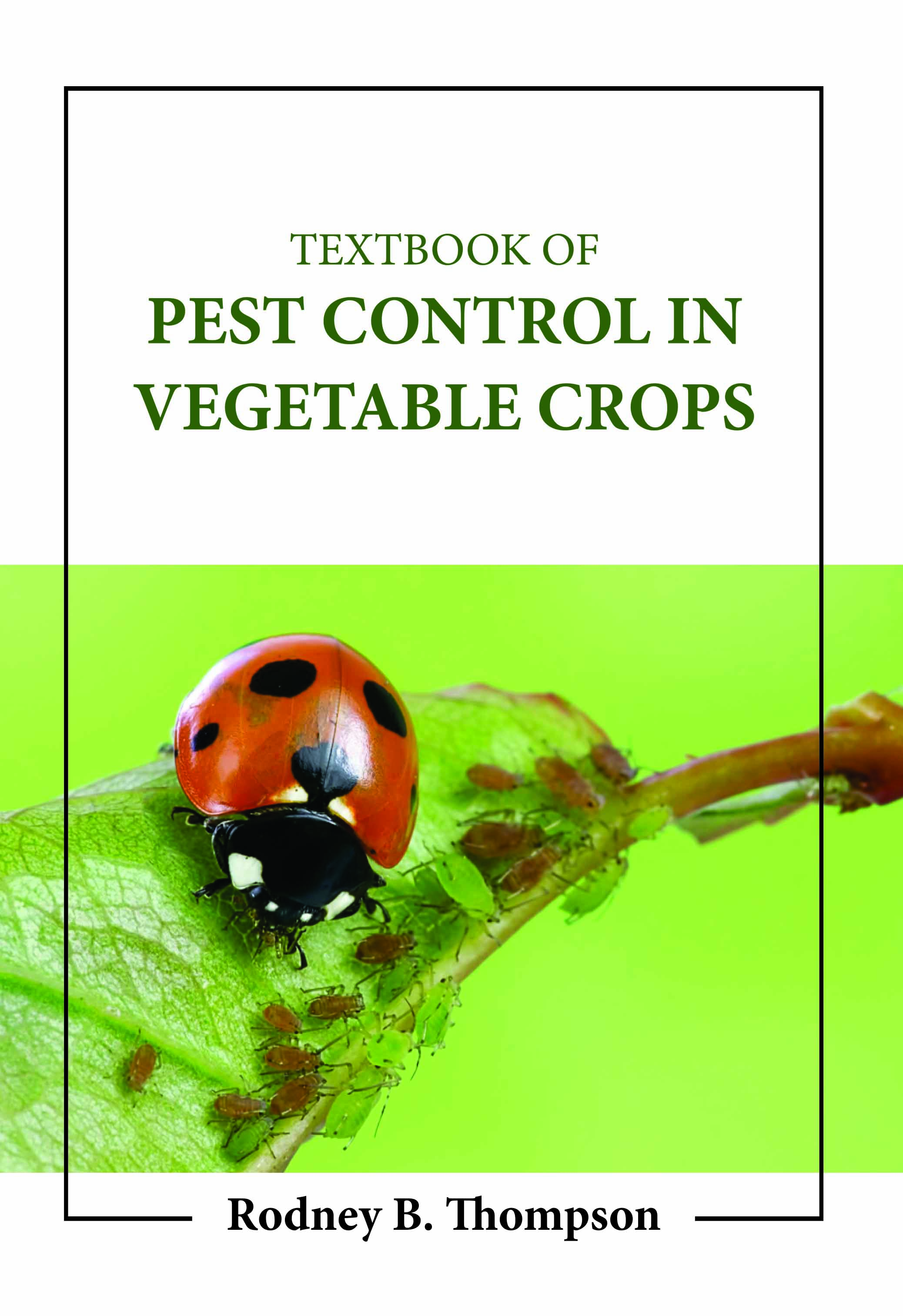
Textbook of Pest Control in Vegetable Crops
by Rodney B. Thompson
| ISBN | 9781806243129 |
|---|---|
| Publisher | Digital Drive Learning |
| Copyright Year | 2026 |
| Price | $274.00 |

by Rodney B. Thompson
| ISBN | 9781806243129 |
|---|---|
| Publisher | Digital Drive Learning |
| Copyright Year | 2026 |
| Price | $274.00 |
The demands of a growing world population for food and fiber require farmers to produce more crops on existing farmland. To increase these yields requires continuous improvement of agricultural technologies to minimize crop losses. The challenge is to do this while protecting the environment. IPM is a big part of the solution. Increasingly it is being adopted in both developed and developing countries for long-term, sustainable agriculture that achieves adequate, safe and quality food production, improves farmer livelihoods and conserves non-renewable resources. The key to crop management in any farming system is the prevention of anything that will decrease the amount of crop harvested. Pest insects feeding on plants, for example, can reduce harvests or destroy crops. The key to prevention is healthy plants and the key to healthy plants is in the soil. Research has shown that healthy plants are not attacked as often by pest insects as less healthy plants. Removing infested plant material including crop residues from the field reduces carryover of pests from one planting to the next and thus prevents re-infestation. Good soil management that results in healthy plants is the first and most important line of defense against insect and disease problems. This book “Textbook of Pest Control in Vegetable Crops” deals with techniques for preventing pest in vegetables.